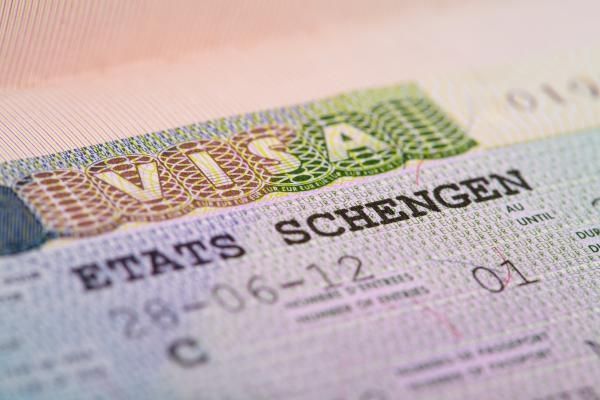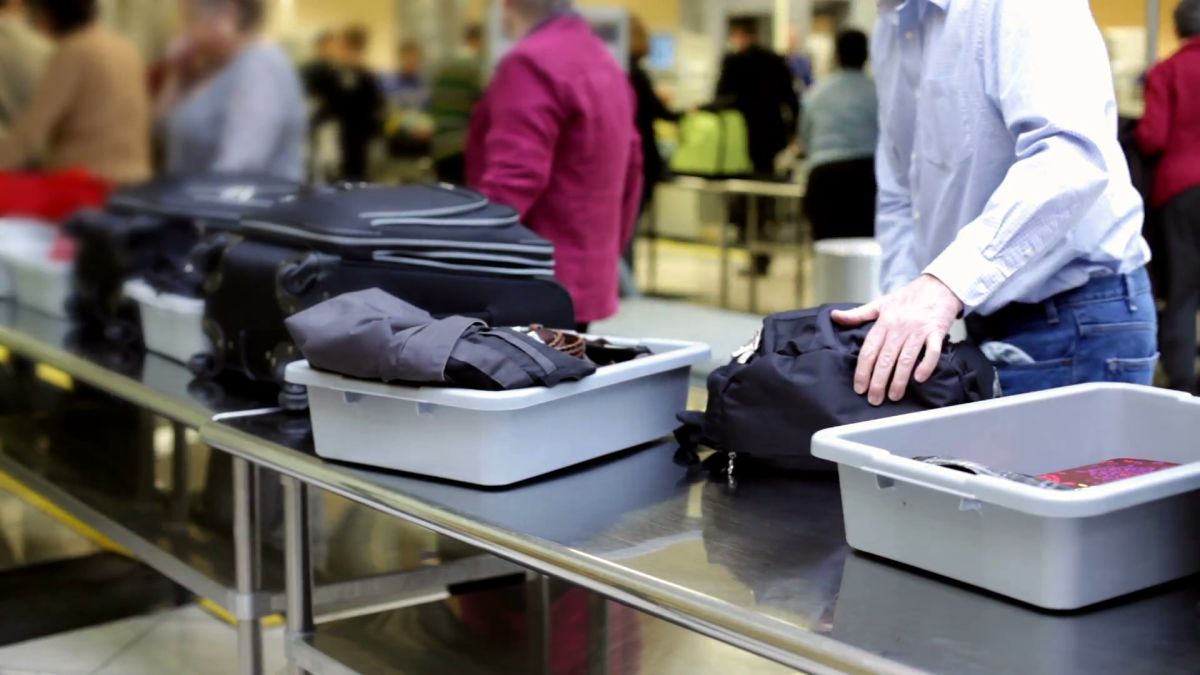New EU Short-stay Visa Procedure Easier, Costlier

A series of changes and revisions on EU rules for short-stay visas went into effect this month in efforts to tighten security, counter irregular migration risks, and facilitate tourism and trade.
The new regulations have simplified visa procedures for travel into Europe and access the Schengen Area for legitimate travelers with the short-stay visa covering travel to 26 Schengen countries for up to 90 days in any 180-day period.
More specifically, travelers from 105 non-EU countries or territories can submit their applications (where applicable electronically) up to six months in advance of their scheduled trip and in most cases directly from their country of residence. Minors aged 6-18 may be exempted from visa charges.

The new visa fee is set at 80 euros. Frequent travelers with a positive visa record are entitled to a multiple-entry visa with an increasing period from one year to a maximum of five.
According to European Commission data, since 2009, the number of EU visa applications has risen by 57 percent to over 16 million in 2018.
Brief Q&A on the EU’s new Short-stay Visa Regulations
Which non-EU countries do the new rules apply to?
The changes apply to travelers from all countries which need visas to travel to the EU. Currently, citizens from 105 non-EU countries or entities are required to have a visa (list here).
Which destination countries are covered by the update?
The rules cover short-stay visas for the 22 EU countries that are part of the Schengen area: Austria, Belgium, Czech Republic, Denmark, Estonia, Finland, France, Germany, Greece, Hungary, Italy, Latvia, Lithuania, Luxembourg, Malta, the Netherlands, Poland, Portugal, Slovakia, Slovenia, Spain and Sweden, as well as for: Iceland, Liechtenstein, Norway and Switzerland.
Visa fees have not been adapted since 2006 and a €60 fee no longer covers the costs of processing applications, in particular due to inflation.
This possibility is part of the EU’s ongoing efforts in favour of a comprehensive and effective migration policy.

What are the main benefits for travelers?
- Visa applications can be submitted up to 6 months before the intended travel (9 months for seafarers), allowing travelers to better plan their trips;
- Multiple-entry visas with long validity are now easier to obtain, saving frequent travelers time and money.
- In most cases, an application can be submitted directly in the traveler’s country of residence, and where possible filled in and signed electronically.
How long will it take for the visa application to be processed?
The maximum time for visa applications to be processed is at 15 days.
With which consulate should applicants lodge their visa application?
Applicants must lodge their application at the consulate of the country they intend to visit. Applicants planning to visit several Schengen states must apply at the consulate of the country where they will spend the longest period.
Do visa applicants have to submit their application in person at a consulate?
In most cases, visa applications can be submitted in the applicant’s country of residence and, where possible, the application form can be filled in and signed electronically.
What are the requirements for applying for a short stay visa?
- A filled in and signed visa application form;
- A passport issued in the last 10 years and valid for at least 3 months after the end of the stay;
- An identity photograph;
- Proof of possession of adequate and valid travel medical insurance;
- Supporting documents relating to the purpose of the stay, evidence of means of support during the stay and accommodation.
Applicants must also pay the visa fee and, where applicable, have their fingerprints collected.

Do visa applicants need a travel medical insurance when traveling to the EU?
Yes, visa applicants must present a valid travel medical insurance when applying for a visa, as it was already the case under the previous rules.
Are there any visa fee waivers and reductions?
Yes, the visa fee is still waived for children below 6 years old. The visa fee for minors 6 -12 years is half the general fee, at 40 euros. Member states can waive the visa fee for minors 6-18 years.
Will the new rules affect the UK after the end of the transition period?
No. UK nationals will remain visa-free when traveling to the EU for short stays, so the revised visa rules will not apply to them.




